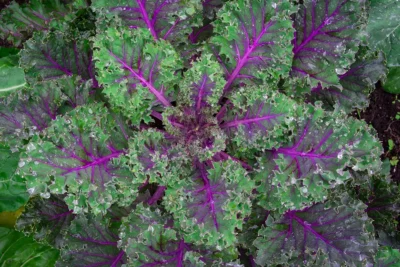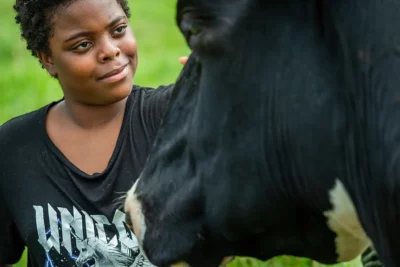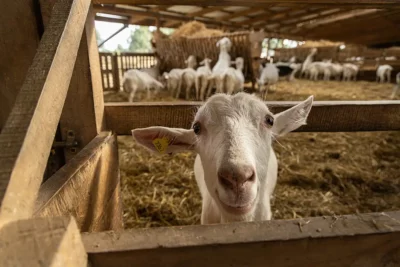This is a question that keeps cropping up, most recently due to the popularity of the book Planta Sapiens which argues for their sentience. Here we take a look at the claims, the science, and the ramifications for our ethical decisions if plants do feel pain.
Are Plants Sentient?
There are hundreds of thousands of different plants on the planet, each with distinct properties, and each a complex and intriguing organism. Some have flowers that turn their faces towards the sun. Some trap and eat insects. Some produce chemicals to deter predators.
In his book Planta Sapiens, the philosopher Paco Calvo shares his explorations into plant behavior and argues that plants do more than just react reflexively to the world around them. He believes that they “plan ahead to achieve goals” and “proactively engage with their surroundings.”
Science has moved a long way from the notion that plants are entirely passive in the world. It is accepted that they communicate, share resources, and use electrical signals to coordinate their internal response to their environment. And we are learning more about them all the time. One thing we know for sure is that plants do not have a brain.
Calvo argues that, even though plants do not have a brain, their astonishing inner lives nonetheless indicates sentience, and with sentience comes the ability to experience pain and suffering. And that is where ethics come into play. If plants can feel pain, what is our responsibility to them?
Do Plants Have Consciousness?
That very much depends on how you define consciousness. Search online for definitions and you will see that every scientific publication describes consciousness differently. Many definitions are based on the individual being aware of themselves and the world around them. And, if we took that as the definition, we could say that plants do have consciousness.
But science is never so simple, and there is much more discussion, debate, and detail around this definition, particularly when we get to the experience of consciousness. That is, what does that consciousness feel like to the individual? One definition suggests this includes experiencing a mental image of the world and an emotional element. In simple terms, that is we might feel good or bad about our experience, and this appears to rule out consciousness in plants.
In traditional scientific terms, consciousness relies on the presence of a brain and nervous system. However, those who argue for plant consciousness say that plants still have a raw experience of life, and that theirs is a non-neural type of consciousness. But it is still consciousness.
Given that scientists and philosophers once believed that animals had no consciousness, no mind, no intelligence, and felt no pain, it is important we keep an open mind about consciousness. So much suffering was inflicted on animals because humans arrogantly denied the experiences of other beings. Now, science knows what many of us always knew: that animals are sentient, have consciousness, and can feel pain. So, maybe, science is wrong about plants, too.
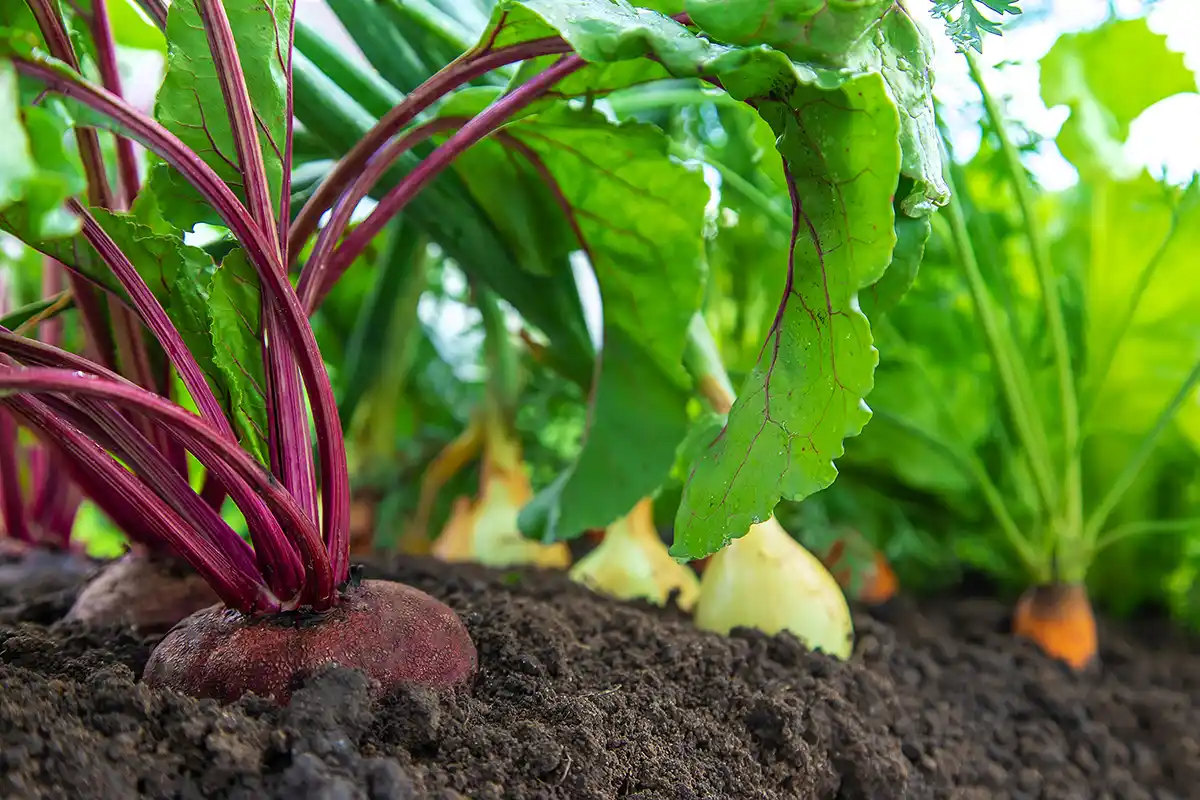
Plants and Consciousness: The Science
At this point in time, scientific consensus is that plants are not conscious. It says:
- The claim that some plants can navigate proactively can actually be explained by simple behavioral response mechanisms, and consciousness is not required.
- While both plants and animals do use electrical signals to regulate bodily function, those signals are carried and function quite differently. Therefore, we cannot extrapolate from animals to plants.
- Plants have no brain, no command center, and there is not enough evidence of some kind of ‘brain center’ in the root, as some have claimed.
- There is no associative or instrumental learning in plants, that is, plants do not make associations between events that occur together.
- While plants do communicate with one another, this does not indicate a sense of self and other, and it does not imply consciousness. It can be explained through stimuli.
And without consciousness, there is no experience of pain.
Do Plants Scream?
Almost all scientists agree that plants cannot feel pain, but evidence continues to emerge that challenges our perceptions of what being a plant is. Researchers at Tel Aviv University recently discovered that tomato and tobacco plants communicate through click-like sounds. “When these plants are in good shape,” said Professor Lilach Hadany, “they produce less than one sound per hour, but when stressed they emit many more, sometimes 30 to 50 per hour.”
The sounds emitted are too high-pitched for humans to hear but insects and small mammals can detect such frequencies, suggesting that these plants might be sending signals that change the behavior of animals around them.
But do plants scream? Again, that depends on what we mean by ‘scream’? If we understand that to mean ‘to emit a sound due to a stressor’, then yes. If it includes an emotional or sensory element, such as fear or pain, then probably not.
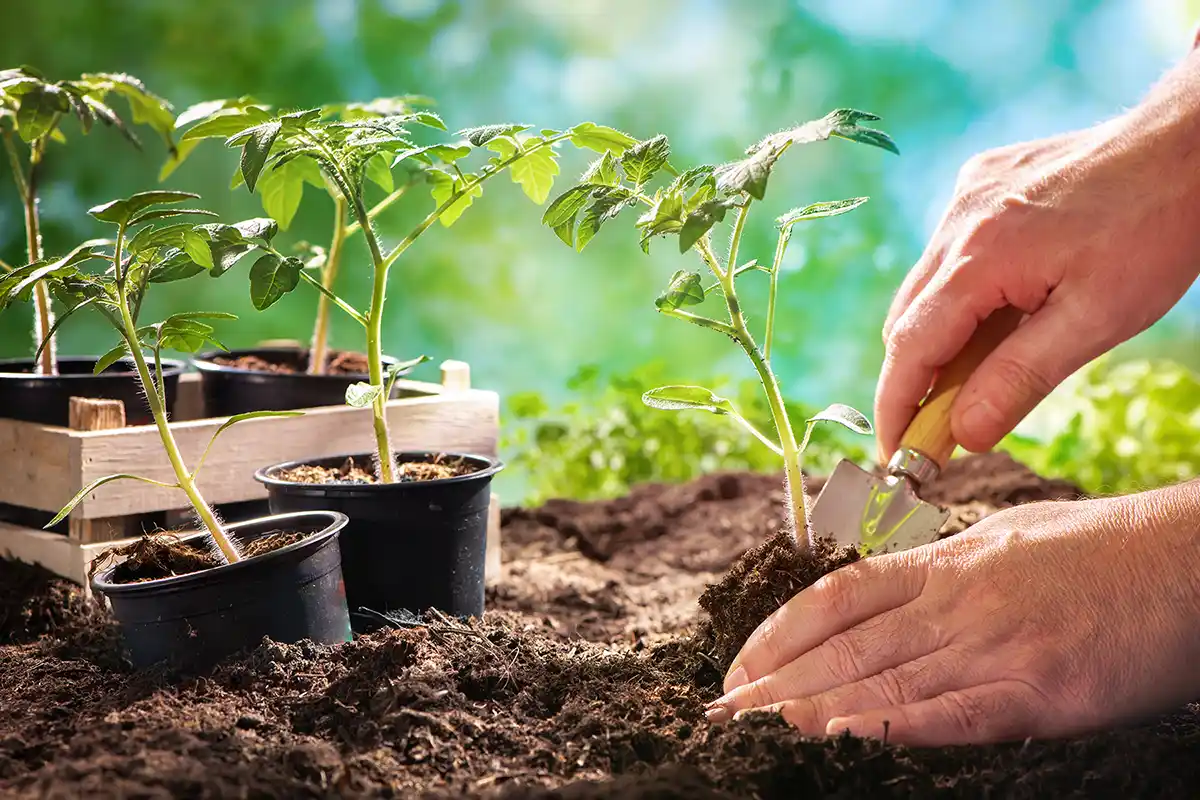
Is It Cruel to Eat Plants?
As we learn about the complexity of plant life, we might consider our own behavior, and whether it is ethical to eat plants. As yet, the evidence of plants feeling pain is unconvincing but one day we may discover that they do experience something we would call pain. Until that day, what should we do?
As ethical beings we have a choice. We can eat animals who are sentient, definitely feel pain, and clearly display their individuality, personalities, preferences, and desire to live. Or we can eat plants that are complex and distinct, but for which there is currently no clear evidence of an ability to suffer.
For those wishing to minimize their risk of causing suffering, the choice is clear: we should eat plants. This is not just because of the amount of suffering involved, but the number of plants.
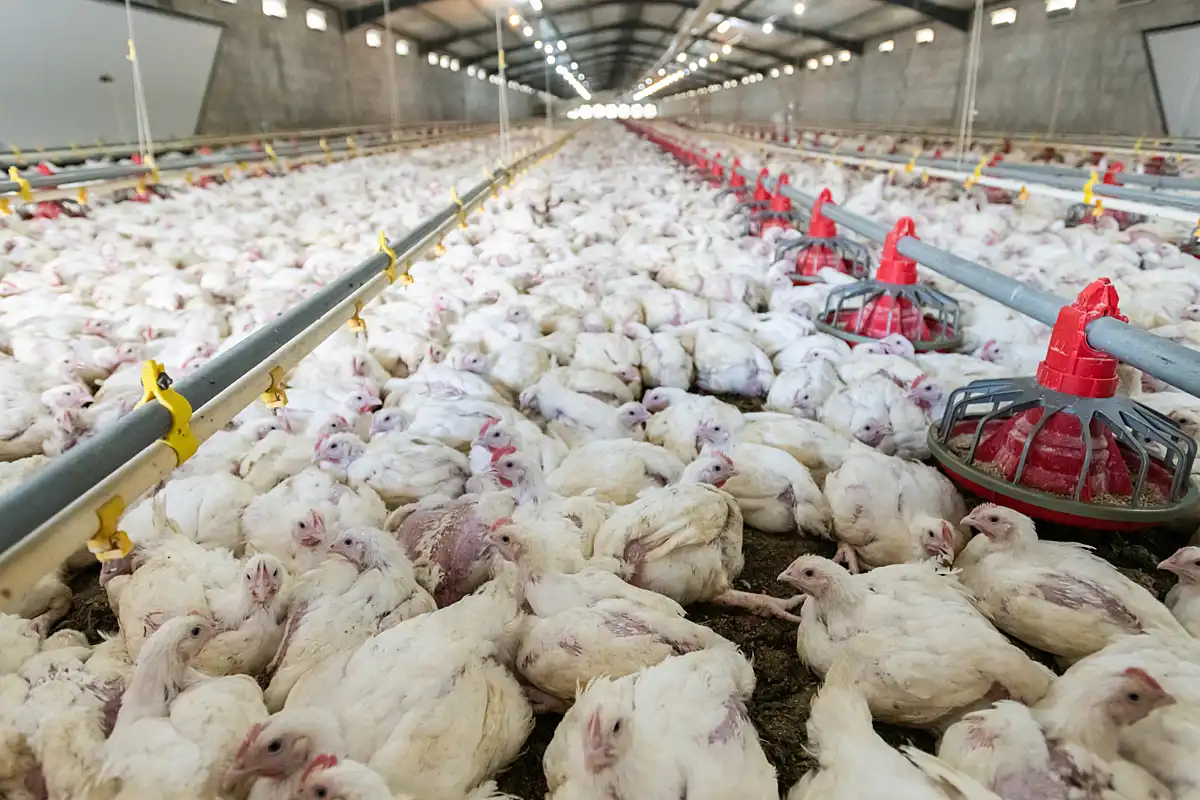
Are Vegans Cruel to Plants?
One interesting but counterintuitive fact is that meat-eaters are responsible for the harvesting and killing of many times more plants than vegans. This is because it takes large amounts of plants to feed a farmed animal, and a lot fewer calories are returned in the meat, milk, or eggs than was fed to the animal during his or her life.
This is the reason why eating meat demands so much land (to grow the pasture or crops) and why meat is driving deforestation, the wholesale destruction of forests.
When we add all the plants a meat-eater consumes to all the plants the animals they ate consumed, the total is far higher than the number of plants a vegan consumes.
Eating meat is the greatest cause of plant destruction. So, anyone concerned about the ability of plants to suffer can drastically reduce their involvement by cutting out meat and eating only plants.

Conclusion
We are learning more and more about the lives and experiences of plants, and there is no doubt that they are both fascinatingly complex and poorly understood. It is possible that one day we may learn that they have some consciousness and experience emotions and sensations, including pain. But that is not our understanding today.
However, plants are important in their own right. We do not support the wanton destruction of forests and other plant-rich habitats to facilitate the global meat trade. And we do not support the huge waste of plant life which is inherent in the meat, egg, and dairy industries or the waste of food in stores and homes.
But our key focus is on protecting those who definitely do feel pain, who do scream when frightened or hurt, and whose lives really matter to them: animals. And as we protect them through our vegan food choices, we know that we are also harming far fewer plants, which makes veganism the kindest option for all.
